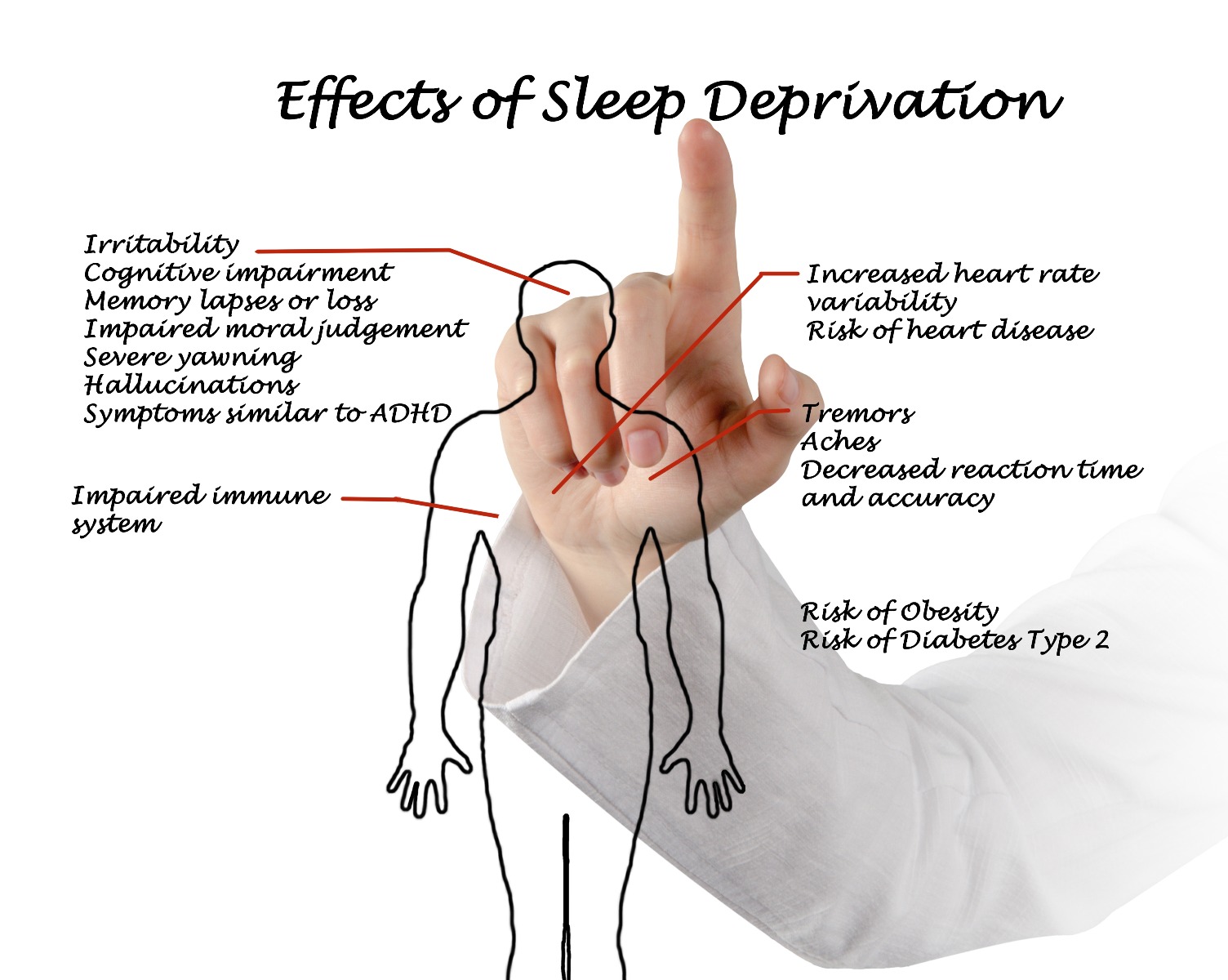
Have you found yourself robbed of sleep? Searching high and low for answers on how to get enough sleep? Do you wonder what habit you need to either adopt or break to extend your hours of sleep?
I asked myself all of those questions, too. If you are too tired to seek possible solutions, this article is for you! In addition to the six tips in this article, we have included links to authoritative websites with a wealth of information on sleep issues throughout the article and at the end.
My research found that inadequate sleep is a big problem for more than one-third of American adults, according to the Centers for Disease Control and Prevention. If you have discussed your insomnia with friends and family, you already know that you are not alone in suffering sleep deficiency. So what does sleeping enough really mean?
Sleep health is a thing. Together, the American Academy of Sleep Medicine and the Sleep Research Society have published these criteria for optimal sleep health for adults:
Seven hours of sleep or more for adults regularly; anything less, on a regular basis, can lead to health issues, including weight gain, chronic diseases such as diabetes and high blood pressure, depression, even the increased risk of death.
There are times when regularly sleeping for more than nine hours per night is appropriate. Young adults, those recovering from illness or those "catching up in sleep" may need the extra sleep as part of their recovery therapy.
If you are not getting enough sleep or too much sleep, speak with your medical professional about your concerns.
In the meantime, here are six tips to a better night’s sleep. If you have previously read some of these recommendations but resisted making these changes, isn't it time that you at least try some of these to see if your insomnia improves?
Tip #1: Establish a pattern of going to bed and getting up at the same time, including weekends.
Tip #2: Arrange the room in which you sleep to be quiet and dark, with a comfortable temperature. Your body temperature actually helps induce sleep, so a place that is too hot or cold can prevent you from falling and staying asleep. If you have a newer thermostat that allows the temperature to vary during the day and night, try setting it to allow for a bedroom temperature of between 60 – 67 degrees Fahrenheit, considered the optimal sleeping temperature.
Tip #3: Recently, I realized that our bedroom was starting to look like the Command Center at NASA. Blinking lights from our network router, blue lights from the digital clock, red light from the outlet electrical strip – the room was never really dark. Then there are the bright lights of the television, reading tablet and smartphone, which are frequently in the headlines as sleep-killers.
It’s a wonder we got any sleep with all of those light sources in the bedroom. Our sleep patterns are regulated by the earth’s light and dark cycles, which trigger the production of melatonin, the sleep hormone. Bright lights suppress the production of melatonin, thus reducing the sleepy feeling that makes you want to lay down and go to sleep (and stay asleep).
Evaluate the room in which you sleep for ways to reduce light sources. We found a way to block the blinking lights from our router (which could not be moved to another room – the preferable solution). Digital clocks often have a dimmer switch to reduce the brightness. Rearranging the blinds or curtains help keep out streetlights and the full moon. Avoid the bright lights of technology by invoking night-settings that automatically dim the tablet and smartphone. You may not think such light sources are affecting your sleep, but give it a try to see if it helps.
Tip #5: It shouldn’t surprise you that diet plays a role in how well you sleep or don’t sleep. Do you know about specific dietary habits that keep you awake at night, or can routinely interrupt what started off as a good night's sleep? Sure, caffeine is an obvious choice. After all, we drink it to wake up and stay awake.
I experienced what I called caffeine toxicity (a term I made up) when I realized I had increased my caffeine intake during an especially stressful time. A short temper and interrupted sleep were the results of my temporary habit. By cutting my caffeine intake over a short time, my sleep and my mood improved.
Alcohol and nicotine are two other drugs that reduce sleep quality. While alcohol makes you feel sleepy at first, the effects of alcohol prevent deep REM sleep and interrupt your sleep pattern later in the night, inducing you to wake up. Read more about the impact of alcohol and sleep here.
Like caffeine, nicotine acts as a stimulant. Smokers may use smoking as a means to offset feelings of boredom or sleepiness. Also like caffeine, however, the stimulant wears off and disrupts sleep. Smoking and insomnia can become a battle between satisfying a craving and getting enough sleep. Those who have quit smoking may have experienced even more sleeplessness as they withdrew from the effects of nicotine. The Henry Ford Health System LiveWell site has information that can help you through the challenges of smoking cessation and the side effects of nicotine withdrawal.
Tip #6: Check out these resources for additional tips on how you can improve your own sleep health, as well as information on specific sleep-related disorders such as restless leg syndrome, jet lag, snoring, and other conditions.
Sweet Dreams Start With a Leggett and Platt Adjustable Bed Base
Achieving Personal Comfort in an Adjustable Base Bed
The National Sleep Foundation has sleep quizzes, tools, even a sleep app to help monitor your sleep health. Click Here to access these resources, and soon, you will be sleeping like a baby!
Click on Sleep Education, a great resource from the American Alliance for Health Sleep. Here you will find articles on medical conditions affecting sleep and what is involved with sleep lab testing. If you are trying to get your young children or grandchildren to sleep, click here for a review of bedtime books and educational tools to encourage children to go to bed, and educate them on healthy sleep habits.
Sleep.org’s website has articles on sleep and age, lifestyle, and sleeping conditions in the bedroom that may help you find the solution you need to return to a restful sleep cycle.













